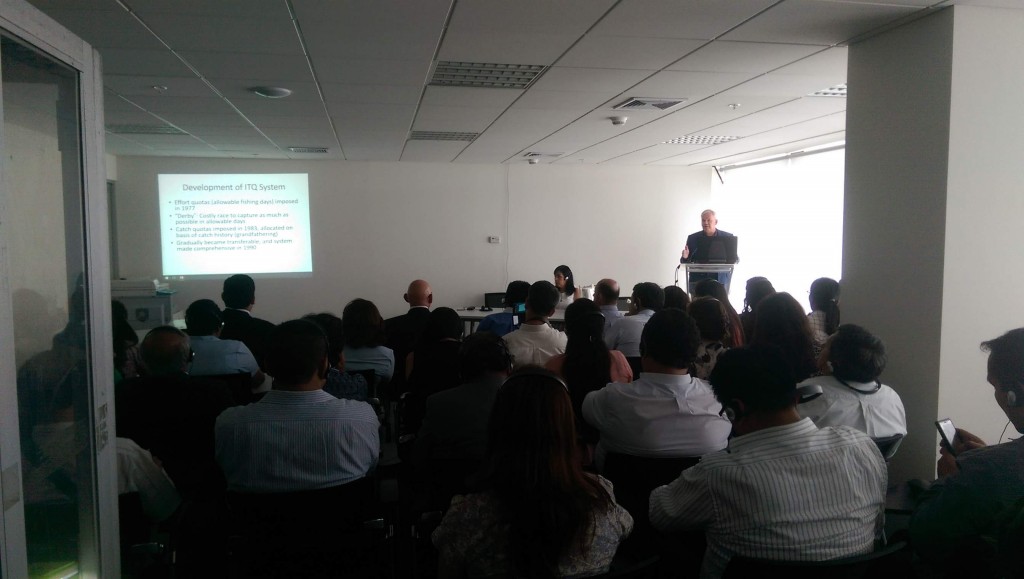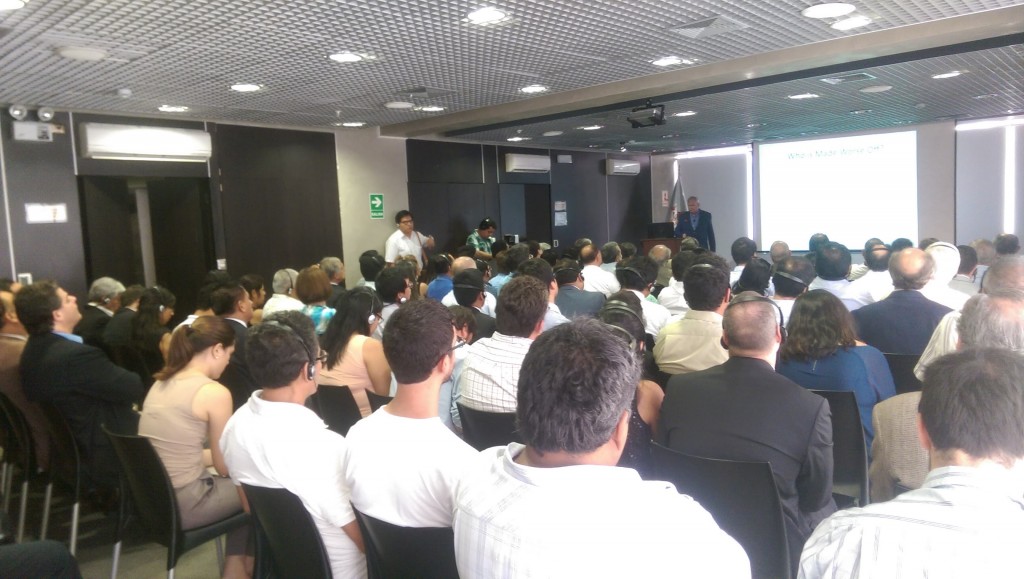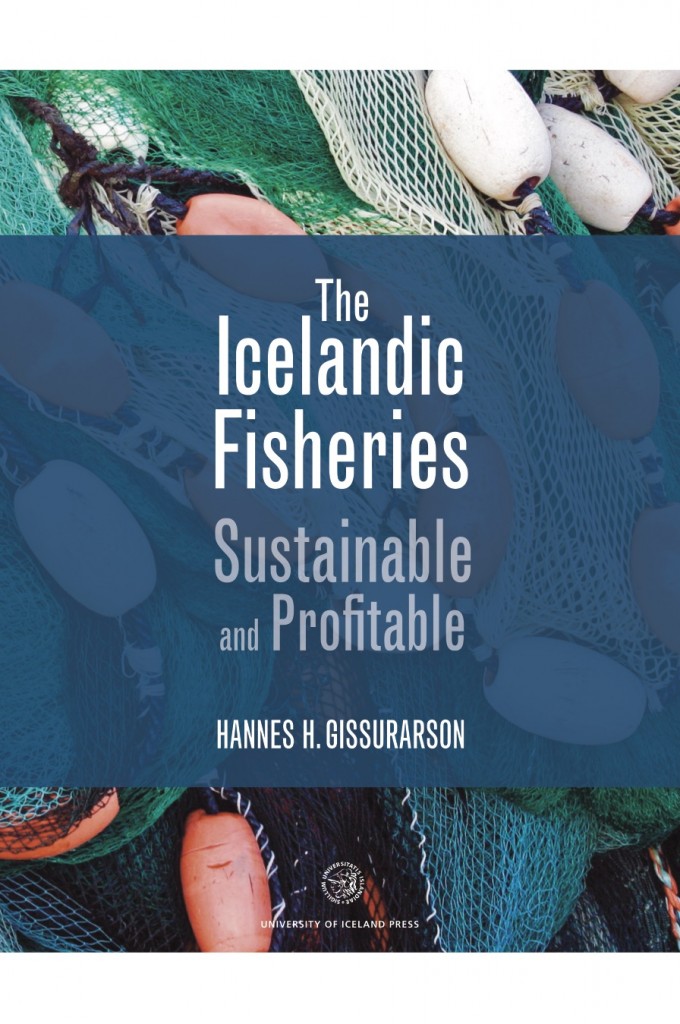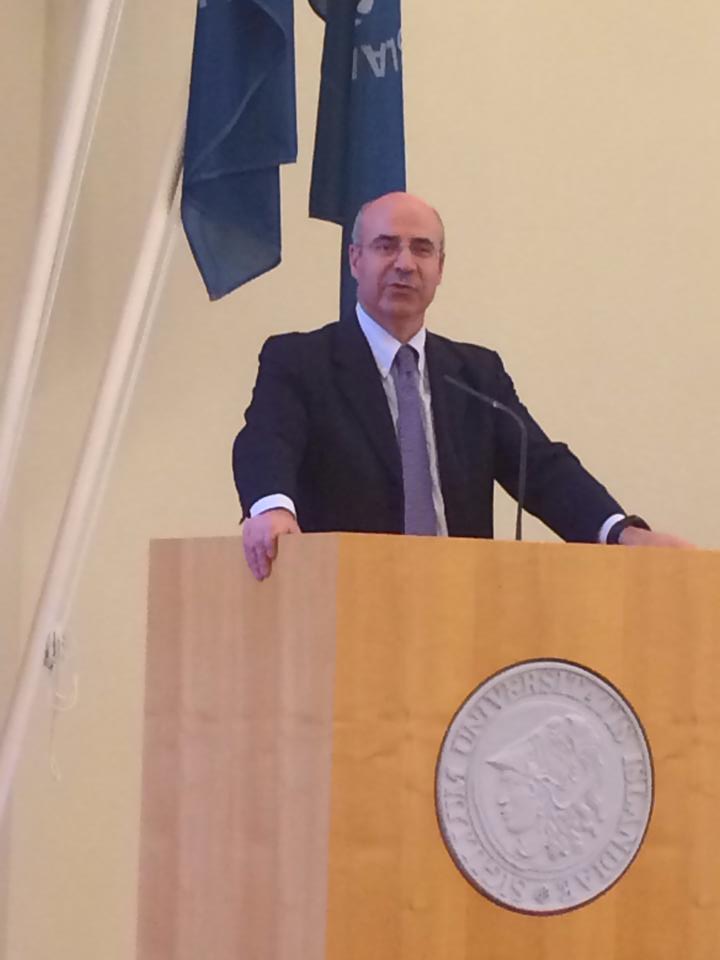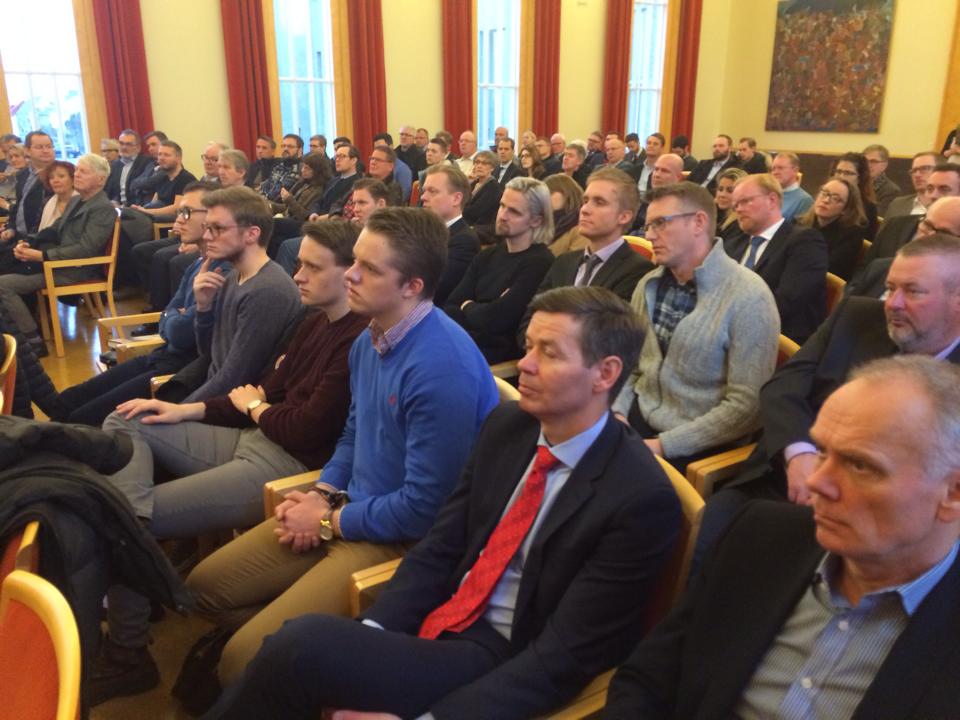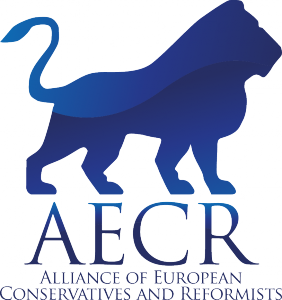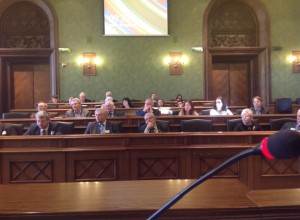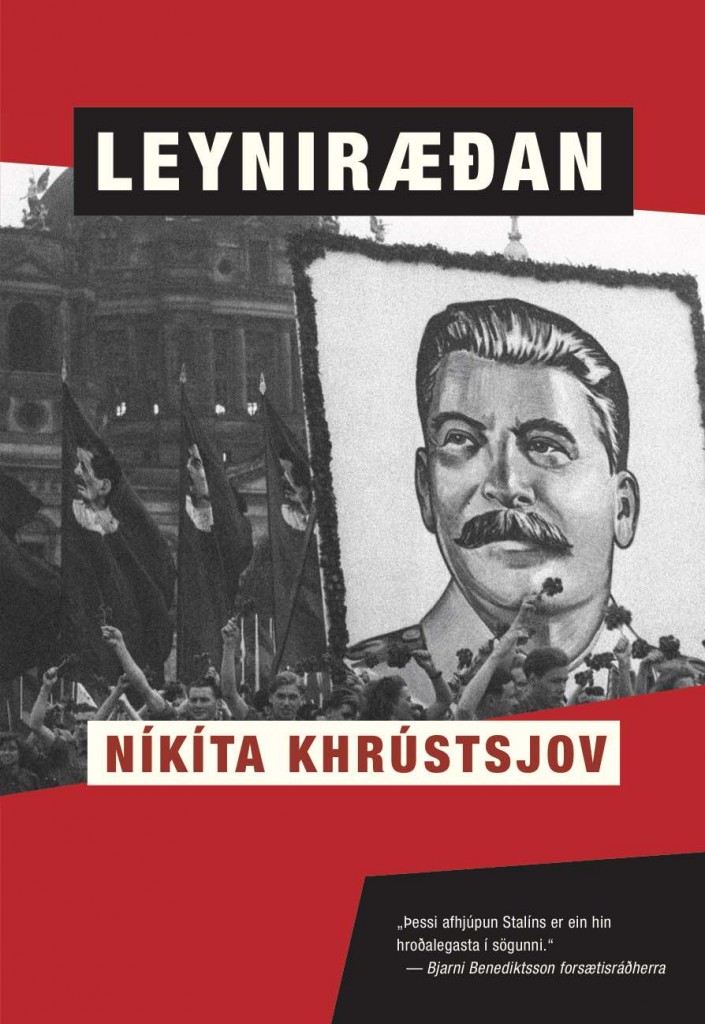 Icelandic Stalinists suffered their biggest blow in the winter of 1956 when news spread to the West about a secret speech that Nikita Khruschev, General Secretary of the Soviet Communist Party, had given in the Kremlin in the night of 25 February. There, he admitted many of Stalin’s misdeeds: The dictator had had innocent people arrested and tortured; he had completely failed during the German invasion of 22 June 1941; he had deported peoples and national minorities from one end of the Soviet Union to the other. The speech was an international sensation, not least in Iceland where a well-organised communist party had been active and influential since 1930, operating under the name Socialist Unity Party from 1938 to 1968. Staunch Stalinists, Brynjolfur Bjarnason, Einar Olgeirsson and Kristinn E. Andresson, dominated the party while writers such as Halldor Kiljan Laxness, Johannes from Katlar and Thorbergur Thordarson eloquently defended Stalin. Laxness and Johannes from Katlar even composed eulogy poems about him. The Socialist Unity Party was always loyal to, and received substantial financial support from, Moscow, as documents discovered in Soviet archives were later to demonstrate.
Icelandic Stalinists suffered their biggest blow in the winter of 1956 when news spread to the West about a secret speech that Nikita Khruschev, General Secretary of the Soviet Communist Party, had given in the Kremlin in the night of 25 February. There, he admitted many of Stalin’s misdeeds: The dictator had had innocent people arrested and tortured; he had completely failed during the German invasion of 22 June 1941; he had deported peoples and national minorities from one end of the Soviet Union to the other. The speech was an international sensation, not least in Iceland where a well-organised communist party had been active and influential since 1930, operating under the name Socialist Unity Party from 1938 to 1968. Staunch Stalinists, Brynjolfur Bjarnason, Einar Olgeirsson and Kristinn E. Andresson, dominated the party while writers such as Halldor Kiljan Laxness, Johannes from Katlar and Thorbergur Thordarson eloquently defended Stalin. Laxness and Johannes from Katlar even composed eulogy poems about him. The Socialist Unity Party was always loyal to, and received substantial financial support from, Moscow, as documents discovered in Soviet archives were later to demonstrate.
 On 26 February 1956, the Public Book Club, Almenna bokafelagid, republished Khruschev’s Secret Speech about Stalin with a foreword and notes by Professor Hannes H. Gissurarson and an introduction to the original 1957 edition by Aki Jakobsson, who had been a committed Stalinist and government minister for the Socialist Unity Party in 1944–7, but who had later turned his back on communism. The translator, archivist Stefan Pjetursson, had also been a communist, but had, in the early 1930s, dared to question some directives from Moscow. Then he was sent to Moscow to be re-educated, but as he kept being critical, he was about to be sent to a labour camp when, with the assistance of the Danish Embassy, he narrowly escaped from Moscow and became a tireless anti-communist, long as editor of the Social Democratic newspaper. In an addendum Lenin’s famous testament is printed: Icelandic communists had insisted that it was fabricated, but Khruschev had it published in 1956, for the first time in the Soviet Union. There, Lenin warned against Stalin. Franz Gislason made the translation. The book forms a part of a joint project by RNH and AECR, the Alliance of European Conservatives and Reformists, on “Europe of the Victims”. The book is also a part of a series of republished works relevant to the history of the Icelandic communist movement, and was published both on paper and online. The republication of the book caused some stir in Iceland, as is shown in this report by Morgunbladid 25 February:
On 26 February 1956, the Public Book Club, Almenna bokafelagid, republished Khruschev’s Secret Speech about Stalin with a foreword and notes by Professor Hannes H. Gissurarson and an introduction to the original 1957 edition by Aki Jakobsson, who had been a committed Stalinist and government minister for the Socialist Unity Party in 1944–7, but who had later turned his back on communism. The translator, archivist Stefan Pjetursson, had also been a communist, but had, in the early 1930s, dared to question some directives from Moscow. Then he was sent to Moscow to be re-educated, but as he kept being critical, he was about to be sent to a labour camp when, with the assistance of the Danish Embassy, he narrowly escaped from Moscow and became a tireless anti-communist, long as editor of the Social Democratic newspaper. In an addendum Lenin’s famous testament is printed: Icelandic communists had insisted that it was fabricated, but Khruschev had it published in 1956, for the first time in the Soviet Union. There, Lenin warned against Stalin. Franz Gislason made the translation. The book forms a part of a joint project by RNH and AECR, the Alliance of European Conservatives and Reformists, on “Europe of the Victims”. The book is also a part of a series of republished works relevant to the history of the Icelandic communist movement, and was published both on paper and online. The republication of the book caused some stir in Iceland, as is shown in this report by Morgunbladid 25 February:



